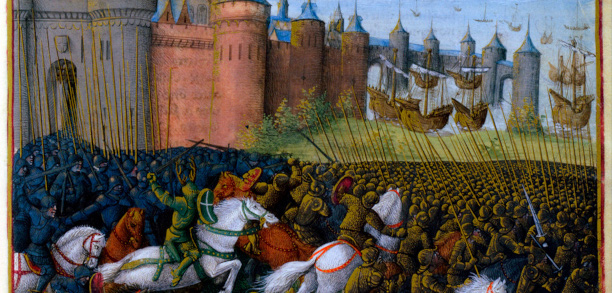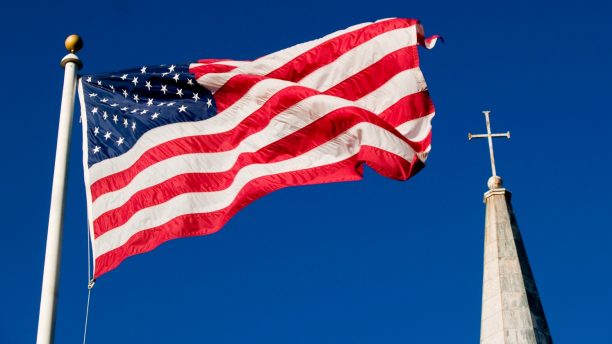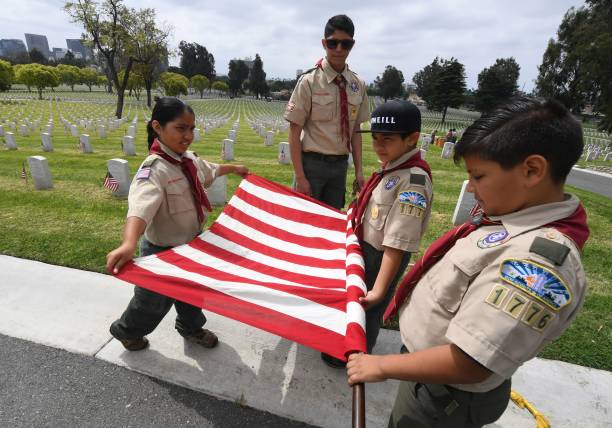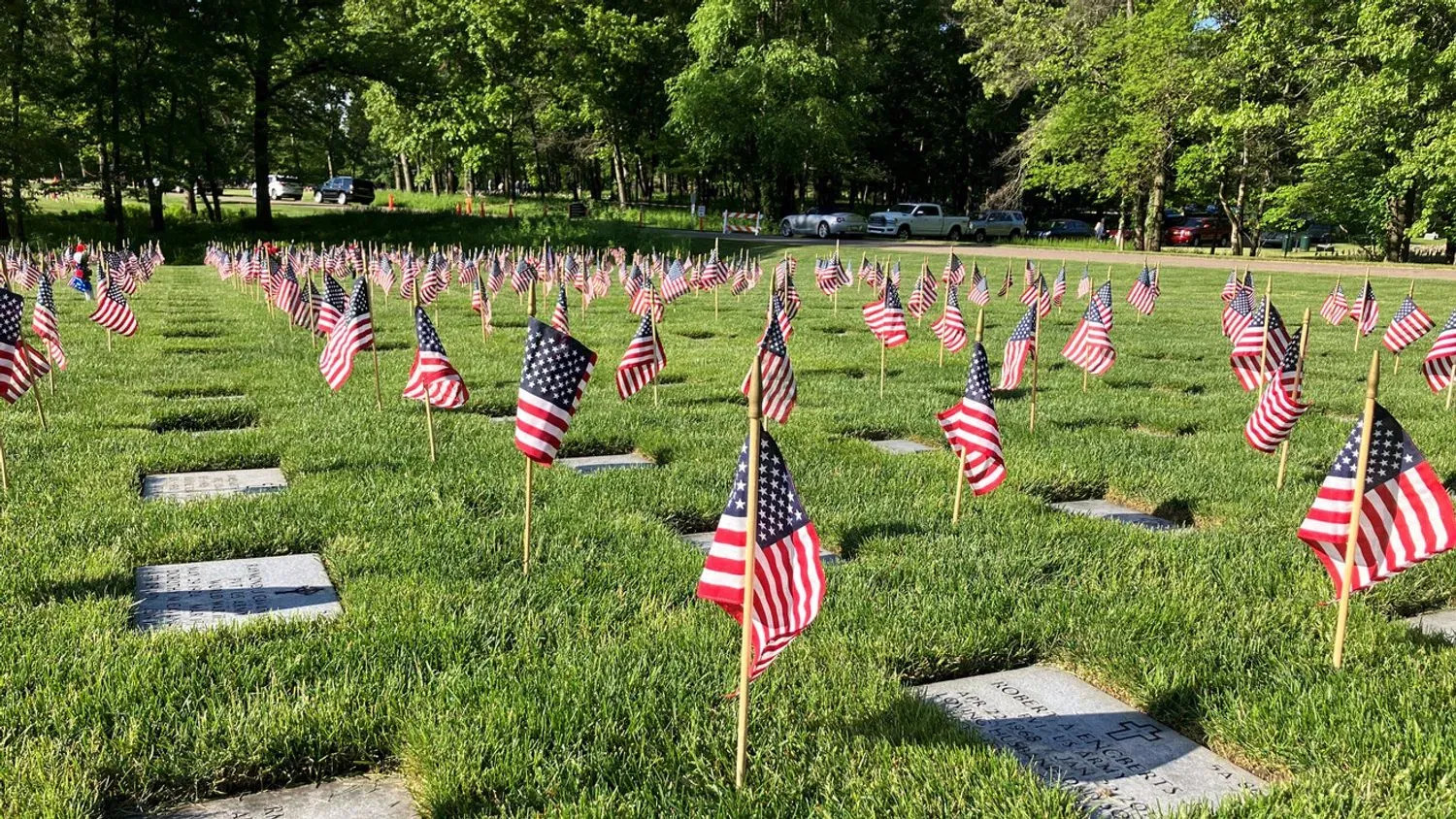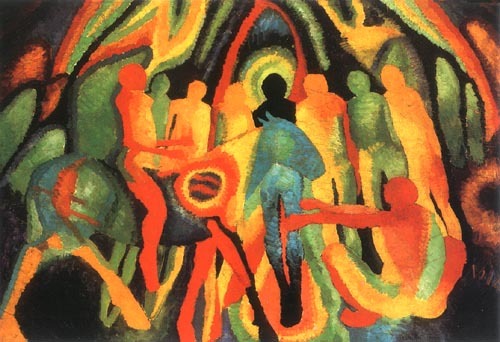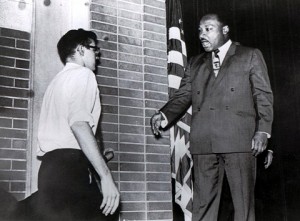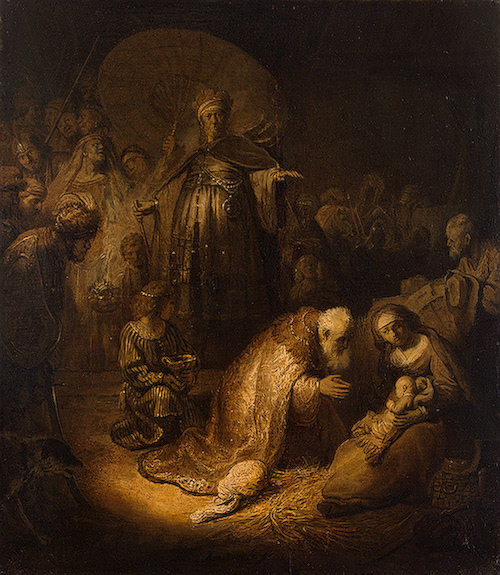HOMELESSNESS

Last winter at least 7 homeless people in my city died from exposure to the cold.
Holland, Michigan, where I live, is a delightful, picturesque community. Located on the shores of Lake Michigan, our downtown shopping area boasts numerous restaurants, coffee shops, and specialty retail stores. A snowmelt system heats the sidewalks in the winter allowing pedestrians to walk on bare pavement in spite of “lake effect” snow. Hope College, on the edge of the downtown area, provides a multitude of students from around the world that bring an excitement and energy that can only come from the youth. And, of course, the first two weeks of May are “tulip time,” one of the largest flower festivals in the country. Right now, thousands of tulip bulbs are being planted along our streets, ensuring a grand display for the many tourists who will come from around the world to enjoy this spectacular flower—and spend their money. I am privileged to live just a few blocks from the downtown area of this amazing small city.
Like many communities around the world, our community also includes the homeless. They tend to congregate in the downtown area where a local Seminary provides a daily noon meal and the public library offers protection from the elements. A homeless camp behind a major grocery store a couple of miles away was recently removed, with no provision made for them to live elsewhere. The homeless population in the downtown area, and my neighborhood, has noticeably increased.
Ours is a neighborhood that was once known for its crime. Through the efforts of the residents, the city, local churches, and an active neighborhood association, it has become a safer and more desirable place to live. An annual “mural fest” has attracted artists, and many former blank walls now serve as canvasses for amazing works of art. Today our neighborhood includes a considerable diversity of people: Dutch American and Appalachian whites, Hispanics, African Americans, young families, older couples, singles, widows, people who are poor and people who are financially comfortable, and college students. The homeless are a part of that diversity.
Last night our neighborhood association sponsored a “dessert night” at a local youth center. Someone brought up the increase of homeless people in our community. We tried to maintain a balanced perspective. The homeless are not a “problem,” but our neighbors. But if there are too many homeless, they will overwhelm the community. Residents need to feel safe. We want to care for homeless men and women without becoming a magnet attracting an unmanageable number of needy people from larger cities like Grand Rapids, Chicago, and Detroit.
At this gathering we learned that seven or eight homeless people died last winter from exposure to the elements. A local church has made a commitment to open its doors to the homeless whenever the temperature falls below 10 degrees (Fahrenheit). They hope to serve as a model for other congregations.
Homelessness is a very complex issue. Poverty, drugs, and mental illness are all factors. The lack of affordable housing is only getting worse. Veterans are twice as likely to be homeless as the general population. Our small group of neighbors are not equipped to solve all these issues. But we decided we could set a goal to ensure that no homeless people die this coming winter in our community. We decided we could address these issues by working with local ministries that serve the homeless, working with our local newspaper to publicize the issue, and contacting our local representatives to see what more can be done.
For those readers who live in a cold climate, how many homeless people died in your community from the cold last winter? Does that concern you? As we head into another winter season, are you willing to work to reduce that number?
At least 7 homeless people in my city died last winter from exposure to the cold. I hope that number will be zero next spring.
Holland, Michigan, where I live, is a delightful, picturesque community. Located on the shores of Lake Michigan, our downtown shopping area boasts numerous restaurants, coffee shops, and specialty retail stores. A snowmelt system heats the sidewalks in the winter allowing pedestrians to walk on bare pavement in spite of “lake effect” snow. Hope College, on the edge of the downtown area, provides a multitude of students from around the world that bring an excitement and energy that can only come from the youth. And, of course, the first two weeks of May are “tulip time,” one of the largest flower festivals in the country. Right now, thousands of tulip bulbs are being planted along our streets, ensuring a grand display for the many tourists who will come from around the world to enjoy this spectacular flower—and spend their money. I am privileged to live just a few blocks from the downtown area of this amazing small city.
Like many communities around the world, our community also includes the homeless. They tend to congregate in the downtown area where a local Seminary provides a daily noon meal and the public library offers protection from the elements. A homeless camp behind a major grocery store a couple of miles away was recently removed, with no provision made for them to live elsewhere. The homeless population in the downtown area, and my neighborhood, has noticeably increased.
Ours is a neighborhood that was once known for its crime. Through the efforts of the residents, the city, local churches, and an active neighborhood association, it has become a safer and more desirable place to live. An annual “mural fest” has attracted artists, and many former blank walls now serve as canvasses for amazing works of art. Today our neighborhood includes a considerable diversity of people: Dutch American and Appalachian whites, Hispanics, African Americans, young families, older couples, singles, widows, people who are poor and people who are financially comfortable, and college students. The homeless are a part of that diversity.
Last night our neighborhood association sponsored a “dessert night” at a local youth center. Someone brought up the increase of homeless people in our community. We tried to maintain a balanced perspective. The homeless are not a “problem,” but our neighbors. But if there are too many homeless, they will overwhelm the community. Residents need to feel safe. We want to care for homeless men and women without becoming a magnet attracting an unmanageable number of needy people from larger cities like Grand Rapids, Chicago, and Detroit.
At this gathering we learned that seven or eight homeless people died last winter from exposure to the elements. A local church has made a commitment to open its doors to the homeless whenever the temperature falls below 10 degrees (Fahrenheit). They hope to serve as a model for other congregations.
Homelessness is a very complex issue. Poverty, drugs, and mental illness are all factors. The lack of affordable housing is only getting worse. Veterans are twice as likely to be homeless as the general population. Our small group of neighbors are not equipped to solve all these issues. But we decided we could set a goal to ensure that no homeless people die this coming winter in our community. We decided we could address these issues by working with local ministries that serve the homeless, working with our local newspaper to publicize the issue, and contacting our local representatives to see what more can be done.
For those readers who live in a cold climate, how many homeless people died in your community from the cold last winter? Does that concern you? As we head into another winter season, are you willing to work to reduce that number?
At least 7 homeless people in my city died last winter from exposure to the cold. I hope that number will be zero next spring.

